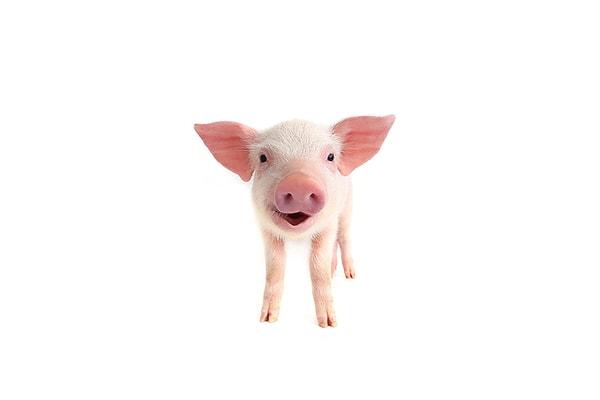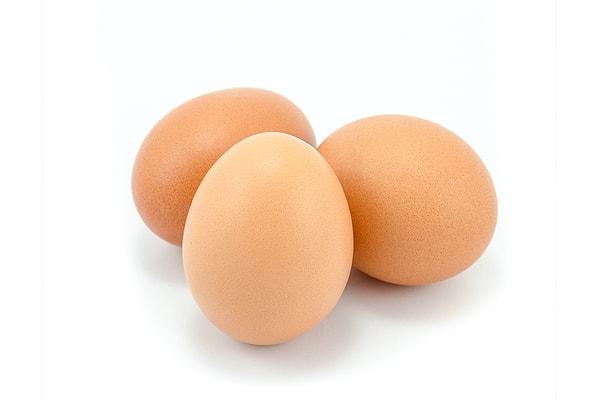İngilizce'de Günlük Konuşma Dilinde Diğerlerine Göre Çok Daha Sık Kullanılan 25 Sıfat
Kökeni Latincedeki 'adjectīvum' ve Antik Yunanca'daki 'epítheton'a dayanan 'adjective'ler, Türkçe'de isimleri nitelik, nicelik, yer, sıra, zaman vb. konularda tanımlamak için kullanılan sıfatların İngilizce'deki karşılığıdır.
Tıpkı kendi dilimizde olduğu gibi İngilizce'de de sıfatlar cümle içinde isim, zamir, zarf gibi başka görevlerde de kullanılabilir. Bu bakımdan herhangi bir kelime için 'şu kelime yalnızca sıfattır' gibi bir tanımlama kullanılamaz.
Bu değişkenliklerinden dolayı 'İngilizce'de .... kadar adjective vardır' gibi bir tanımlama yapmak sağlıklı ve isabetli olmayacaktır. Ancak tabii ki günlük konuşma dilinde, diğerlerine göre çok daha sık ve yaygın kullanılanları da mevcuttur.
İşte İngilizce'de günlük hayatta en sık kullanılan 25 adjective (sıfat).
Good (İyi)

Cümle içinde kullanımı: You did a good job today, She is a really good person, This is as good as it gets.
New (Yeni)

Cümle içinde kullanımı: Come visit me in my new home, I'm trying to adjust to my new job.
First (İlk, birinci)

Cümle içinde kullanımı: This is my first ever work experience, He took the first place in his last competition.
Last (Geçen, geçtiğimiz)

Cümle içinde kullanımı: I paid the bills last month, He was the last person I can think for the job.
Long (Uzun)

Cümle içinde kullanımı: She has a long list for shopping, His new van is very long. He always liked the girls with long hair.
Great (Muazzam, büyük)

Cümle içinde kullanımı: Your new hairstyle is great, Great accomplishments comes with great responsibilities.
Little (Küçük, az)

Cümle içinde kullanımı: Little birds flying around, Little man looked toward her.
Own (Kendisinin, kendine özgü)

Cümle içinde kullanımı: You need to take the responsibility of your own child, They must be cultivating their own language.
Other (Başka, diğer)

Cümle içinde kullanımı: Every other country have legalized that, He closed the door and walked around to the other side.
Old (Yaşlı, eski)

Cümle içinde kullanımı: Old habits don't go away easily, John is an old man, Your actions are getting old.
Right (Doğru, uygun)

Cümle içinde kullanımı: She is the right person for the job, I am right and you know that.
Big (Büyük)

Cümle içinde kullanımı: Yes I know my nose is too big, She has very big hands for a woman.
High (Yüksek)

Cümle içinde kullanımı: My high speed was spotted by a patrol car, She was wearing knee-high socks.
Different (Değişik, farklı)

Cümle içinde kullanımı: There is nothing wrong with having a different opinion, This company operates in a whole different scale.
Small (Ufak, küçük)

Cümle içinde kullanımı: There are three small rooms upstairs, The vase had a very small neck.
Large (Geniş)

Cümle içinde kullanımı: The ant was carrying a grain of wheat as large as itself, She has large and bright eyes.
Next (Ertesi, sonraki)

Cümle içinde kullanımı: By the next day she was ready to resume her daily activities, We get in to the next stage in our relationship.
Early (Erken)

Cümle içinde kullanımı: I couldn't sleep until the early hours of the morning, Factories were built during the early Industrial Revolution.
Young (Genç)

Cümle içinde kullanımı: She was young and naive back then, Two young children ran passed me.
Important (Önemli, mühim)

Cümle içinde kullanımı: The room had passed an important inspection, Your ideas are as important as his ideas.
Few (Birkaç, az)

Cümle içinde kullanımı: They were both silent for a few minutes, There are only a few man out there who can do this, I bought few eggs.
Public (Umumi, halka açık)

Cümle içinde kullanımı: I am beginning to despise public officials, Think twice before using the public restrooms.
Bad (Kötü, bozuk)

Cümle içinde kullanımı: I am the poster child of bad predictions, He is in such a bad health, You are as bad as he is.
Same (Tıpkı, benzer)

Cümle içinde kullanımı: We both have spoken at the same time, He used to feel the same way you do.
Able (Yapabilen, gücü yeten)

Cümle içinde kullanımı: He might be able to help, I was able to determine.
Keşfet ile ziyaret ettiğin tüm kategorileri tek akışta gör!


Yorum Yazın
Niye okudum lan ben şimdi bunu?
Hadi onu geçtim, bu gipişik niye böyle bir şey yazdı?
porno catogorisi gibi old/young public vs -.- saçmalama ay iğrençsin ben bilmem öle siteler iyy .